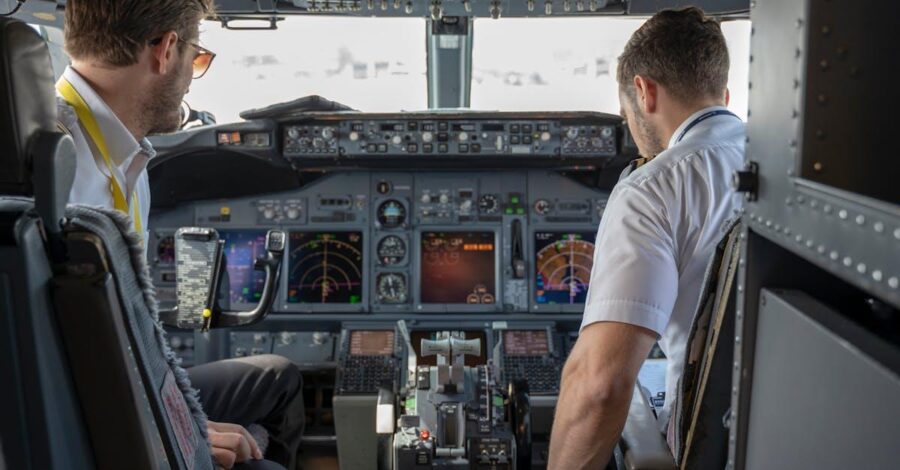
3 ways tech is transforming how airlines handle flight delays
Airlines around the world are leveraging new technologies to tackle one of the most persistent challenges in the industry: flight delays. From streamlined scheduling systems to intelligent customer support and advanced aircraft maintenance, technological advancements are reshaping how airlines manage disruptions, ultimately enhancing passenger experience and operational efficiency. Here are three transformative ways technology is making a difference.
Automated scheduling: the backbone of airline efficiency
One of the most significant ways technology supports airlines is through automated scheduling systems. Traditional scheduling processes are labor-intensive and can be error-prone, often leading to bottlenecks that contribute to delays. Today, airlines are using sophisticated software solutions that automatically adjust schedules based on a range of variables, such as weather conditions, crew availability, and airport congestion. These systems help airlines quickly reschedule flights and reassign crew members, minimizing disruptions and ensuring that resources are optimally allocated. Automated scheduling is the foundation of a more resilient and efficient airline industry, allowing carriers to respond promptly to unforeseen challenges.
AI-powered customer support: helping passengers faster
Another game-changer in managing flight delays is the implementation of AI-powered customer support. When a flight is delayed, thousands of passengers may need information or assistance at once, making it challenging for human staff to provide timely responses. AI-driven chatbots and virtual assistants are now widely used by airlines to field these inquiries. These tools can handle high volumes of questions, answer basic queries, and provide real-time updates on flight statuses. Passengers benefit from faster, more reliable information, and customer service agents are free to focus on complex cases that require human intervention. By reducing wait times and delivering accurate responses, AI-powered support enhances the overall passenger experience.
Predictive maintenance: keeping planes ready to fly
Preventing delays is also a matter of keeping planes in optimal condition, and predictive maintenance technology is playing a vital role in this area. Using data from sensors installed on aircraft, predictive maintenance systems can identify potential mechanical issues before they become serious. This proactive approach allows airlines to schedule maintenance at optimal times, reducing the likelihood of unexpected mechanical delays. Predictive maintenance not only improves safety but also ensures that aircraft are always ready to fly, reducing downtime and helping airlines stay on schedule. With fewer last-minute repairs, airlines can significantly cut down on delays caused by technical problems.
Incorporating these technological innovations, airlines are better equipped to manage the complexities of flight schedules and keep passengers informed. For those still affected by delays, services like flight compensation offer recourse, helping travelers secure the refunds or rebooking they deserve.

